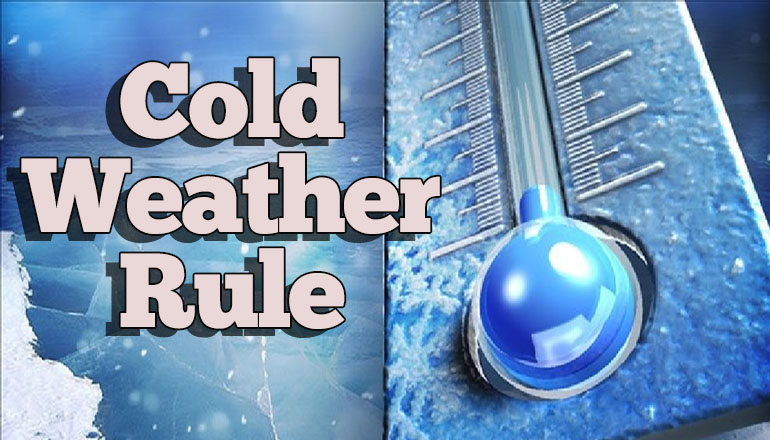Kansas’ Cold Weather Rule will go into effect offering power protections to citizens

TOPEKA – The Cold Weather Rule, designed to help Kansans who are behind on their utility payments avoid disconnection during the winter months, will begin on Tuesday, November 1 and remain in effect through March 31.
With energy costs expected to rise this winter, the protections offered by the Cold Weather Rule could be more critical than ever in keeping individuals and families safe and connected. According to the U.S. Energy Information Administration (EIA), Midwest households heating with natural gas could see their bills increase by 33%. Those using electric heat could pay 8% more. If the weather is colder than expected, those numbers could be higher.
While the Cold Weather Rule is in effect, utility companies cannot disconnect a customer’s service when local temperatures are forecast to drop below 35 degrees within the following 48-hour period. The Kansas Corporation Commission, the agency that regulates public utilities in the state, implemented the rule in 1983 to prevent utility companies from disconnecting a customer’s natural gas or electric service during periods of extreme cold.
The Cold Weather Rule also requires utility companies to offer a 12-month payment plan to allow consumers to maintain or re-establish service. Any residential customer with a past due balance will qualify for payment arrangements; however, it is the customer’s responsibility to contact their gas or electric company to make those arrangements.
Payment plan terms to maintain or restore service require that customers agree to pay 1/12th of the total amount owed, 1/12th of the current bill, the full amount of any disconnection or reconnection fee, plus any applicable deposit to the utility. The remaining balance must be paid in equal payments over the next 11 months, in addition to the current monthly bill.
The Cold Weather Rule applies only to residential customers of electric, natural gas, and water utility companies under the KCC’s jurisdiction, however many municipal utilities and cooperatives have similar winter weather policies.



